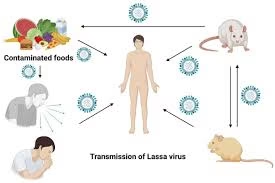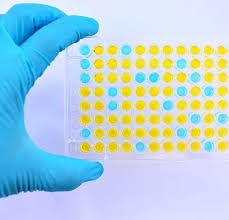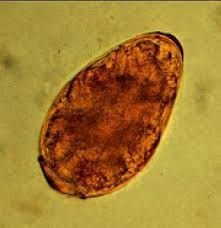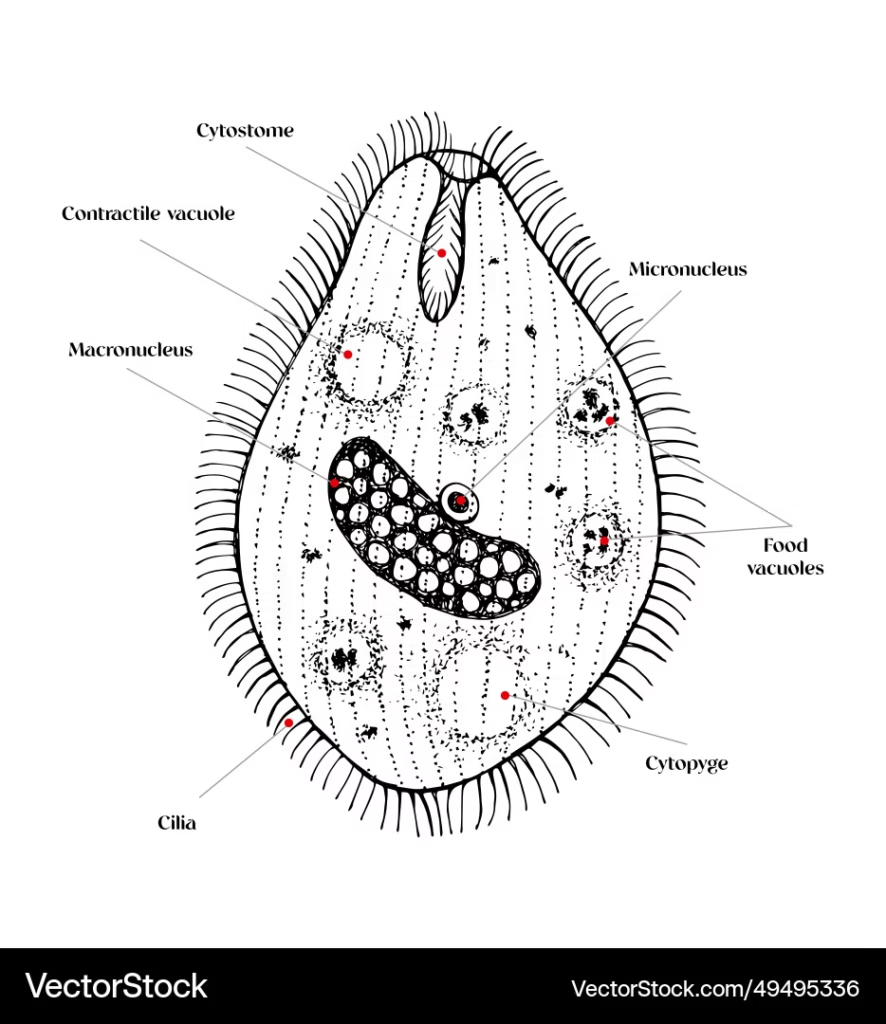
Introduction The transmission of viral agents plays a pivotal role in the spread of infectious diseases across populations. As microscopic infectious agents, viruses rely on various transmission routes to move Read More ……..
Simplifying Allied Health Learning.

Introduction The transmission of viral agents plays a pivotal role in the spread of infectious diseases across populations. As microscopic infectious agents, viruses rely on various transmission routes to move Read More ……..
Introduction The identification of vectors such as mosquitoes, flies, ticks, and fleas is a key component of understanding the transmission of vector-borne diseases, many of which are caused by parasitic Read More ……..

Introduction Serological and immunological techniques are laboratory-based methods used to detect and measure the presence of specific antigens (substances that provoke an immune response) or antibodies (proteins produced by the Read More ……..

Introduction Trematodes, commonly known as flukes, are a group of parasitic flatworms belonging to the class Trematoda. These parasites are known for their leaf-shaped bodies and have complex life cycles Read More ……..

Introduction Balantidium coli is a ciliate protozoan that primarily inhabits the large intestine of humans and other mammals. Although it can infect many animals, humans are typically infected by ingesting Read More ……..